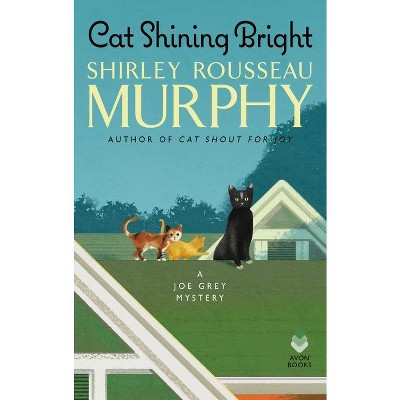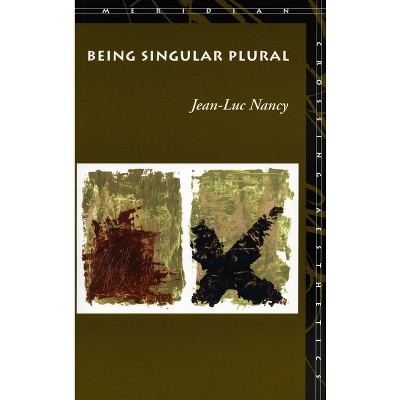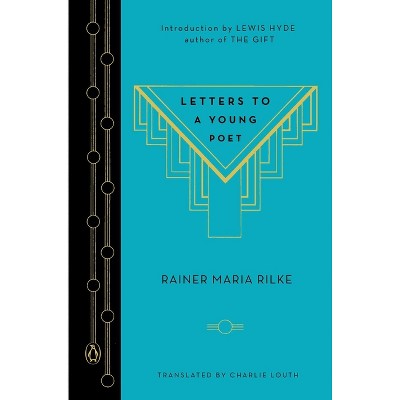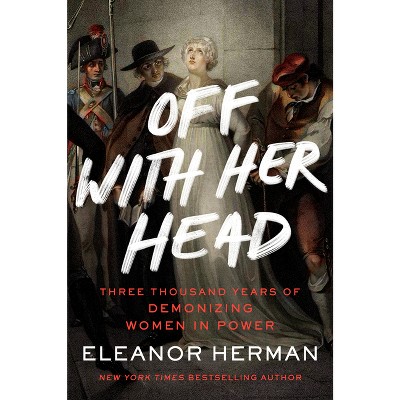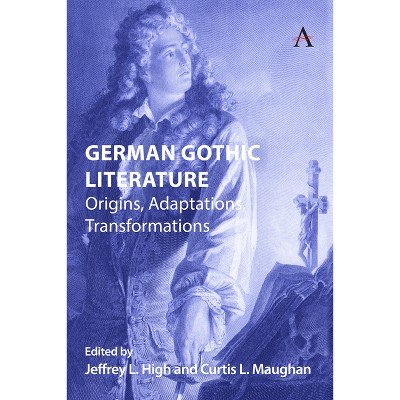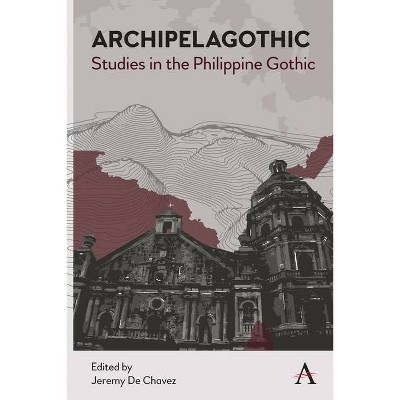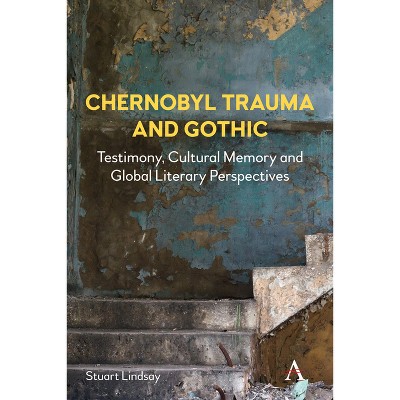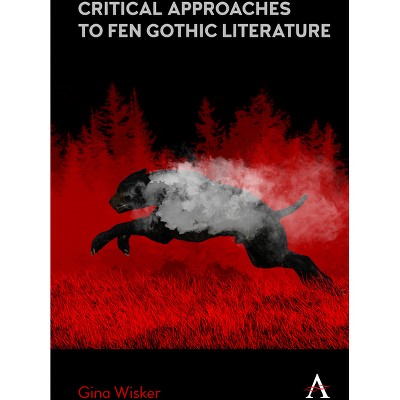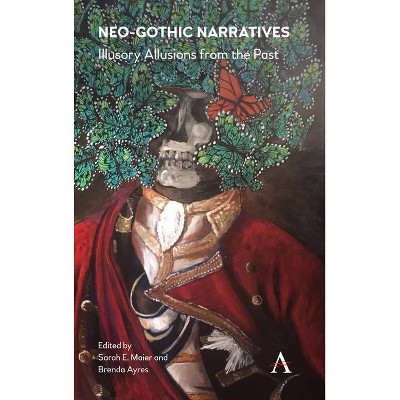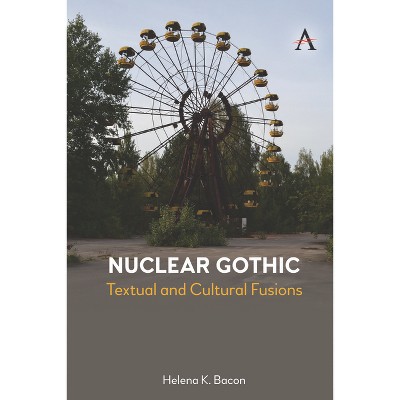Sponsored

Excavating the Castle - (Anthem Studies in Gothic Literature) by Joshua B Tuttle (Hardcover)
Pre-order
Sponsored
About this item
Highlights
- Investigates Gothic's place in English literary history from 1814 to 1921, revealing its earlier and deeper integration into the selective tradition than previously recognized, and challenging long-held assumptions in Gothic studies and literary historiography This book seeks to excavate the changing status of the Gothic within what, after Raymond Williams, we might call the selective tradition, from approximately 1814 to 1921.
- About the Author: Joshua B. Tuttle is Assistant Professor of English at Concordia University Chicago.
- 200 Pages
- Literary Criticism, Gothic & Romance
- Series Name: Anthem Studies in Gothic Literature
Description
About the Book
Excavating the Castle demonstrates that the serious and respectable historiography of the Gothic begins not in 1921 but in the early nineteenth century and that the Gothic concept crystallized more than half a century earlier than historians of the Gothic had realized previously.
Book Synopsis
Investigates Gothic's place in English literary history from 1814 to 1921, revealing its earlier and deeper integration into the selective tradition than previously recognized, and challenging long-held assumptions in Gothic studies and literary historiography
This book seeks to excavate the changing status of the Gothic within what, after Raymond Williams, we might call the selective tradition, from approximately 1814 to 1921. The beginning of this period marks the publication of John Dunlop's The History of Fiction, which was the first general history of literature written in Britain for which the Gothic novel would have been within scope, and therefore offers the first litmus test of the Gothic's status in the selective tradition as it is transmitted in durable, authoritative form. The year 1921, of course, marks the publication of Edith Birkhead's The Tale of Terror, which figuratively marks the beginning of modern Gothic studies as a field. While scholarship of the Gothic has always attended to contemporary reception within periodicals and review culture, the question of the afterlife of that contemporary reception as it manifested in respectable and authoritative narratives about the literary past has never been explored in this period. The reason for this is what I call the founding myth of Gothic studies, which holds that the Gothic novel was never a critically respected genre and that the critical category of the Gothic novel itself was an artificial concept originating with Birkhead et al. This myth, I argue, turns out to be almost entirely false, and such an exploration, therefore, represents an entirely new avenue of inquiry for Gothic studies. As such, this study touches on many methodological domains in an attempt to survey the field with glasses rather than a microscope, and thus sketch enough of the ground for more detailed and specific investigations to follow.
This is above all a work of literary history, but it is a work of literary history designed to serve the needs of the field of Gothic studies. That said, it is also about more than the Gothic. At heart, this project asks two sets of questions. The first set has directly to do with the Gothic: when did the contemporary critical concept of the Gothic first emerge, how were those developments first reflected in the historical record in both durable and authoritative form, and how was that concept transmitted through the Knowledge System once the concept crystalized? The second set of questions pertains to the historiography of the Gothic, which, as of this writing, has long been considered a settled story, though the findings of this book call that story into significant question. In essence, the second set boils down to "how did we miss so much of the story?" These questions implicate much larger issues related to the history of ideas; book history; information and library sciences; the materials, methods, and practice of literary history; the digital humanities; and even questions of individual positionality and human contingency. Although this project does not engage in computational analysis, the orientation toward knowledge and its dissemination and transmission taken in this study follows to some extent what Ruth Ahnert, Sebastian E. Ahnert, Catherine Nicole Coleman, and Scott B. Weingart have recently called "the network turn," especially in how I conceive of what I call the Knowledge System, and I would consider myself an analog practitioner of the digital humanities.
About the Author
Joshua B. Tuttle is Assistant Professor of English at Concordia University Chicago. He holds a PhD in English from The Pennsylvania State University.
Shipping details
Return details
Trending Book Pre-Orders







